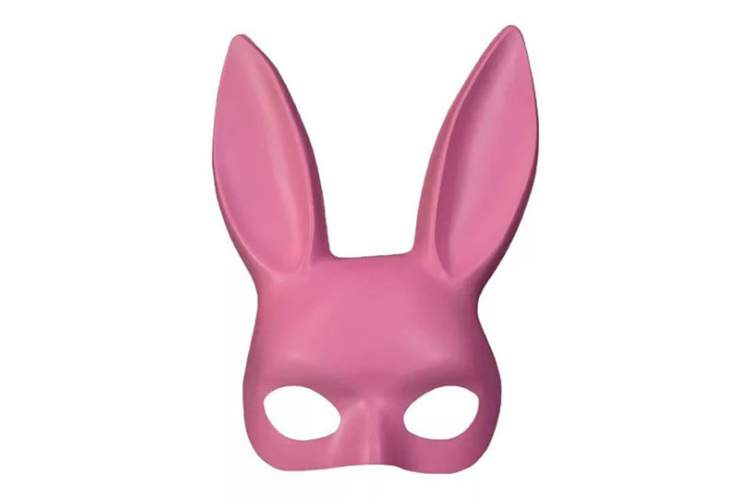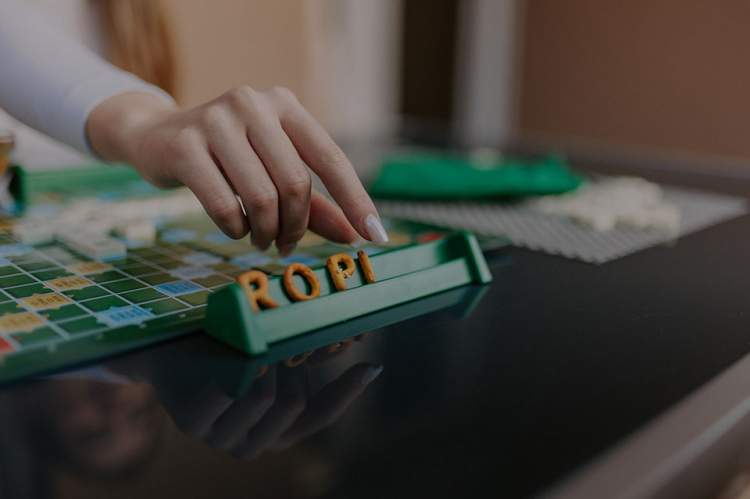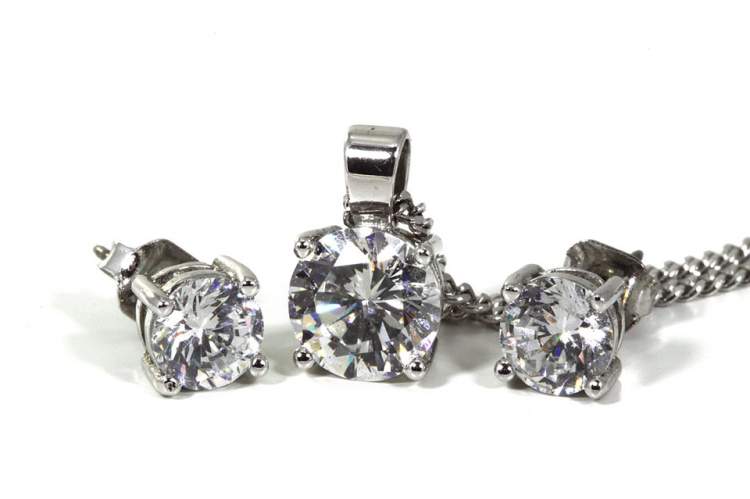Let’s speak openly about washing the ass, without taboos. Or are you ashamed?
If I say “buttocks” nobody opens the article. Now I used “ass” and people read it.
In the culture of our “developed civilization” there are themes not to be mentioned as those don't go with the etiquette. Our videos are floating in the blood, our lives are affected by violence, we are accustomed to lies and we find disgusting topics that serve our health. The anal hygiene is one of them.
Anal hygiene, or anal cleansing, refers to hygienic practices that are performed on a person's anus, usually shortly after defecation. The anus and buttocks may be washed or wiped (typically with toilet paper or wet wipes) in order to remove remnants of fecal matter.
n Hindu and Muslim cultures, as well as in Southeast Asia and Southern Europe, water is usually used for anal cleansing—using a jet, as with a bidet, or (most commonly) using the hand. This is sometimes followed by drying the area with a cloth towel or toilet paper. In other cultures—such as many Western countries—cleaning after defecation is generally done with toilet paper only, although some individuals may use water or wet wipes as well, until the person bathes or showers. In some parts of developing countries and during camping trips, materials such as vegetable matter, mud, snow, stones, sticks, and leaves are sometimes used for anal cleansing.
Having hygienic means for anal cleansing available at the toilet or site of defecation is important for overall public health. The absence of proper materials in households can, in some circumstances, be correlated to the number of diarrhea episodes per household. The history of anal hygiene, from ancient Rome and Greece to Japan and China, involves sponges and sticks as well as water and toilet paper.
In Islam the hygiene of anal and reproductive parts is called Istinjaa’ what is obligatory; this means removing whatever has been passed from the front or back passages with water, stones, or anything else that is pure and will remove the impurity (najasah) – such as pebbles or coarse tissue paper, or clean pieces of paper on which there is no mention of Allah or any of His names – apart from bones and dung. This is to be done when something impure is emitted, of stools or urine.
Keeping clean the front and back passage where food enters and remnants exit and maintaining the purity of human body is the responsibility of man.
The everyday practice of cleansing and purity is deducted from the following aya:

O ye who believe! when ye prepare for prayer, wash your faces, and your hands (and arms) to the elbows; Rub your heads (with water); and (wash) your feet to the ankles. If ye are in a state of ceremonial impurity, bathe your whole body. But if ye are ill, or on a journey, or one of you cometh from offices of nature, or ye have been in contact with women, and ye find no water, then take for yourselves clean sand or earth, and rub therewith your faces and hands, Allah doth not wish to place you in a difficulty, but to make you clean, and to complete his favour to you, that ye may be grateful. (Quran 5:6)
These are the essentials of Wudu, or ablutions preparatory to prayers, 1. To bath the whole face in water, and 2. Both hands and arms to the elbows, 3. With a little rubbing of the head with water (as the head is usually protected and comparatively clean), and 4. The bathing of the feet to the ankles. In addition, following the practice of the Prophet, it is usual first to wash the mouth, and the nose before proceeding with the face, etc. See: 4:43.
Ritual impurity arises from sex pollution. It needs bathing the whole body.
This is Tayammum, or wiping with clean sand or earth where water is not available.
But if nothing has come out apart from passing wind, then it is not obligatory to do instinjaa’. If a person has passed urine, then it is sufficient for him to wash the end of the penis, to cleanse it of urine. It is not prescribed for him to wash the anus, because nothing has come out of it. In the case of the back passage, he has to remove any dirt from it, then wash the anal sphincter to cleanse it of any dirt that may be attached to it.
This is a summary of the etiquette of relieving oneself, which it is mustahabb for the Muslim to observe when relieving him/herself:
- It is Sunnah to say “Bismillah (in the name of Allah)” when entering the washroom, because it was narrated from ‘Ali ibn Abi Talib (may Allah be pleased with him) that the Messenger of Allah (peace and blessings of Allah be upon him) said: “The eyes of the jinn are blocked from seeing the ‘awraat of the sons of Adam when one of them says, on entering the washroom, ‘Bismillah.’” (Narrated by al-Tirmidhi, al-Jumu’ah, 551. Classed as Saheeh by al-Albaani in Saheeh Sunan alTirmidhi, no. 496).
- He/she should enter with his left foot first, and exit with his right foot first.
- If he/she wants to relieve himself in a place that is not designated for that purpose, it is recommended for him to go far away (from people).
- He/she should not face the qiblah or turn his back towards it when relieving himself, because of the hadith narrated from the Prophet (peace and blessings of Allah be upon him) in which he said: “When any one of you needs to defecate, let him not face the qiblah or turn his back toward it; face east or west” [because Makkah is south of Madinah – Translator].” (Narrated by al-Bukhari, alWudoo’, 141).
- When urinating, a person must be careful not to let drops of urine land on his clothes or body.
- It is not allowed to use right hand for cleaning the anus. Only left hand can be used during instinjaa’ as left hand is the “dirty hand” and right hand is the “clean” hand. We shake hand and eat only with right hand even if we wash both hands equally. This regulation helps to prevent to transmit infections if any.
- He should not hold his penis with his right hand whilst urinating, because the Prophet (peace and blessings of Allah be upon him) said: “When any one of you goes to the lavatory, he should neither touch his penis nor clean his private parts with his right hand.” (Narrated by al-Bukhari, al-Wudoo’, 149)
- It is not permissible to relieve oneself in the street or in the shade, because the Prophet (peace and blessings of Allaah be upon him) said: “Beware of two things which provoke cursing.” They said, “What are the two things which provoke cursing, O Messenger of Allah?” He said, “Relieving oneself on the street or in the shade.” (Narrated by Muslim, al-Taharah, 397)
- It is makruh to speak whilst relieving oneself.
- It is mustahabb when coming out of the washroom to say “Ghufranak (I ask You (Allah) for Your forgiveness),” because it was narrated that A’ishah (may Allah be pleased with her) said: “When the Prophet (peace and blessings of Allaah be upon him) came out of the washroom, he would say, ‘Ghufranak.’” (Narrated by al-Tirmidhi, al-Tahaarah, 7; classed as Saheeh by al-Albaani in Saheeh Sunan al-Tirmidhi, no. 7).
Why am I dealing with ass-washing with such seemingly ridiculous precision, referring to theological literature? Because this is the subject that all classical cultures have dealt with in such detail, while our prude Europe, which is so damn proud of its culture, has only realized the importance of hand washing only two centuries ago. Washing the hands with calcium hypochlorite what was introduced by Ignác Semmelweis was a revolutionary breakthrough in this, which achieved good results in combating maternal fever.
There are many things to learn from each other. It's enough to hear that this is crap and that is crap what you have that side but is only modern what we have this side. Stop it! Crappy and outdated are available everywhere, and things to be followed are everywhere, too. Let's try to sit down and review our stuff without prejudice.
I know, in many cases, there are funny things in the article what I have I written above. But put your hands on your hearts! Besides the many quotes and references, were there no elements in the practice of Istindja' that could not be justified by the modern medicine?





















